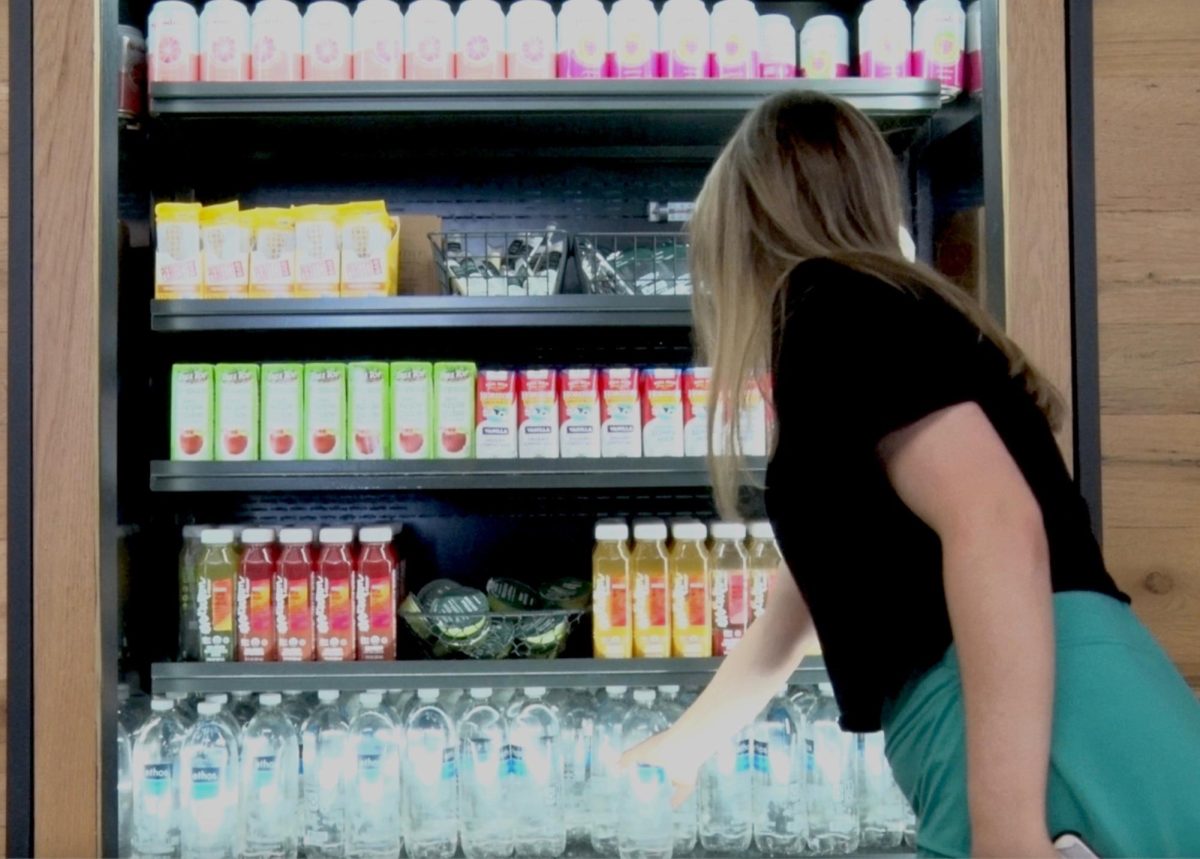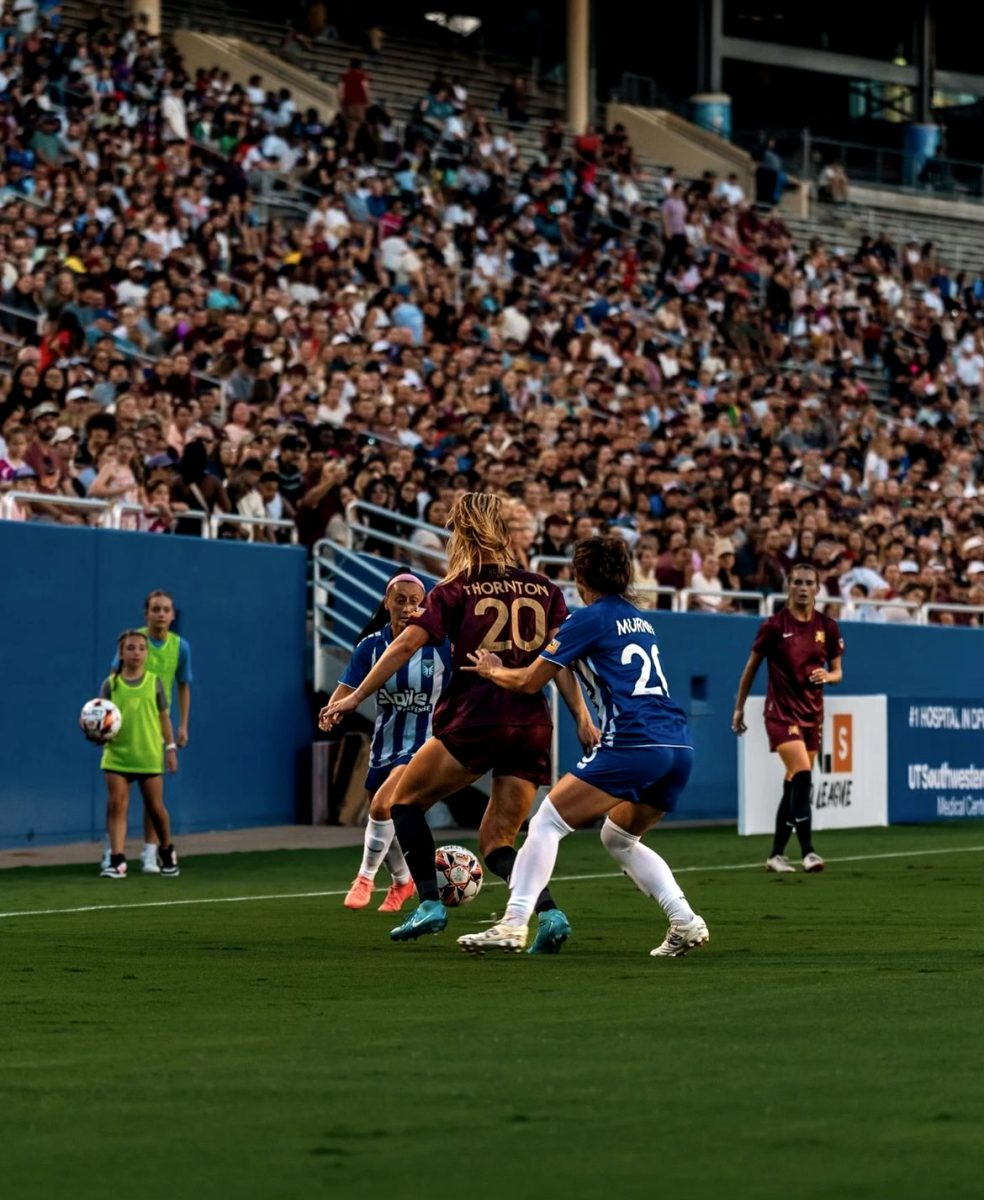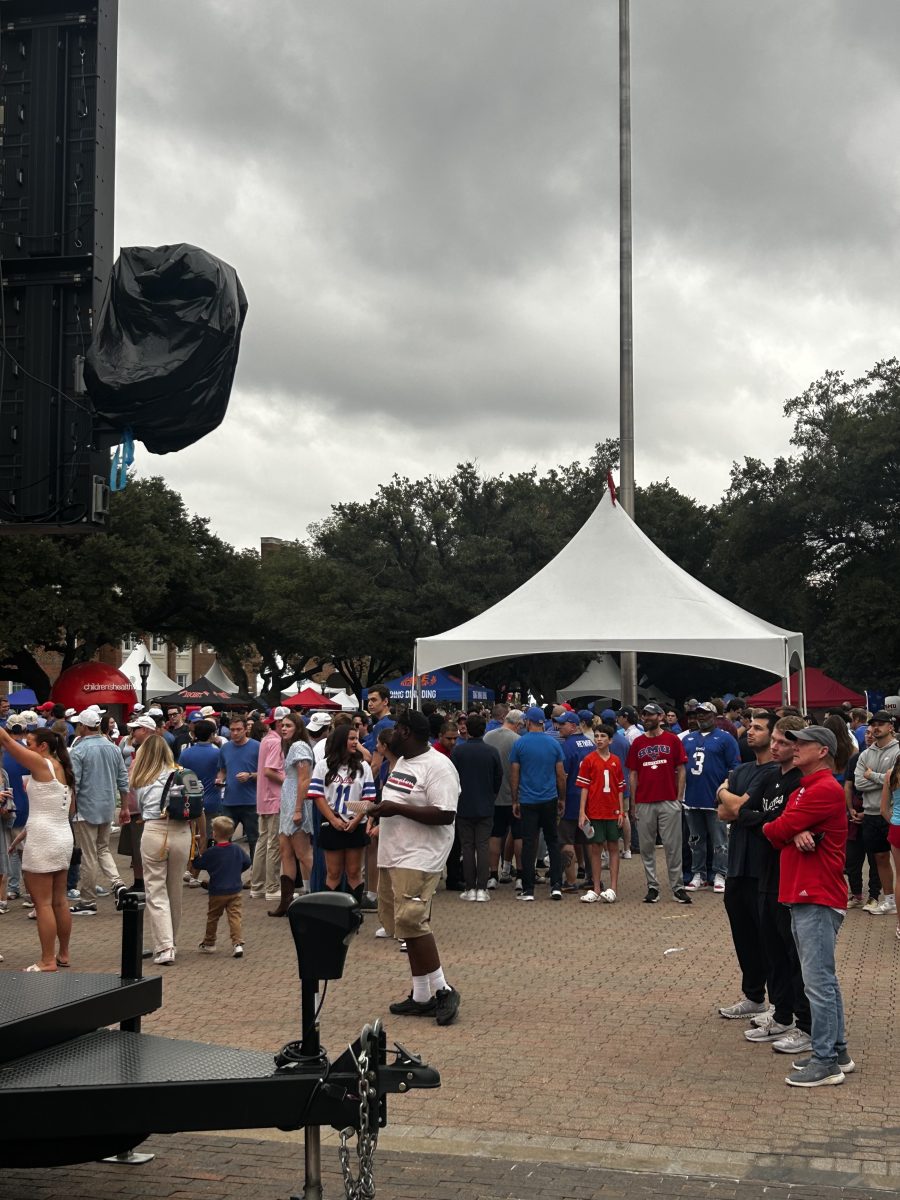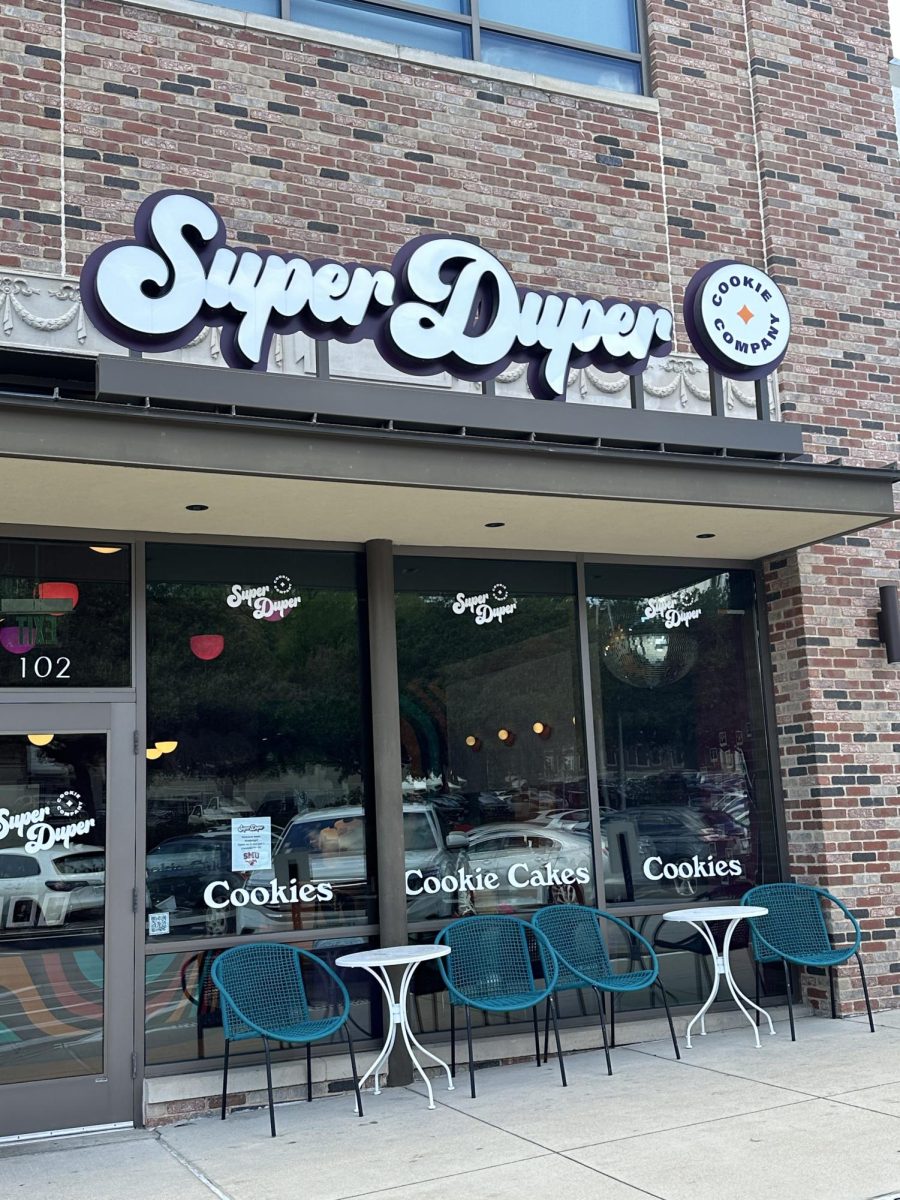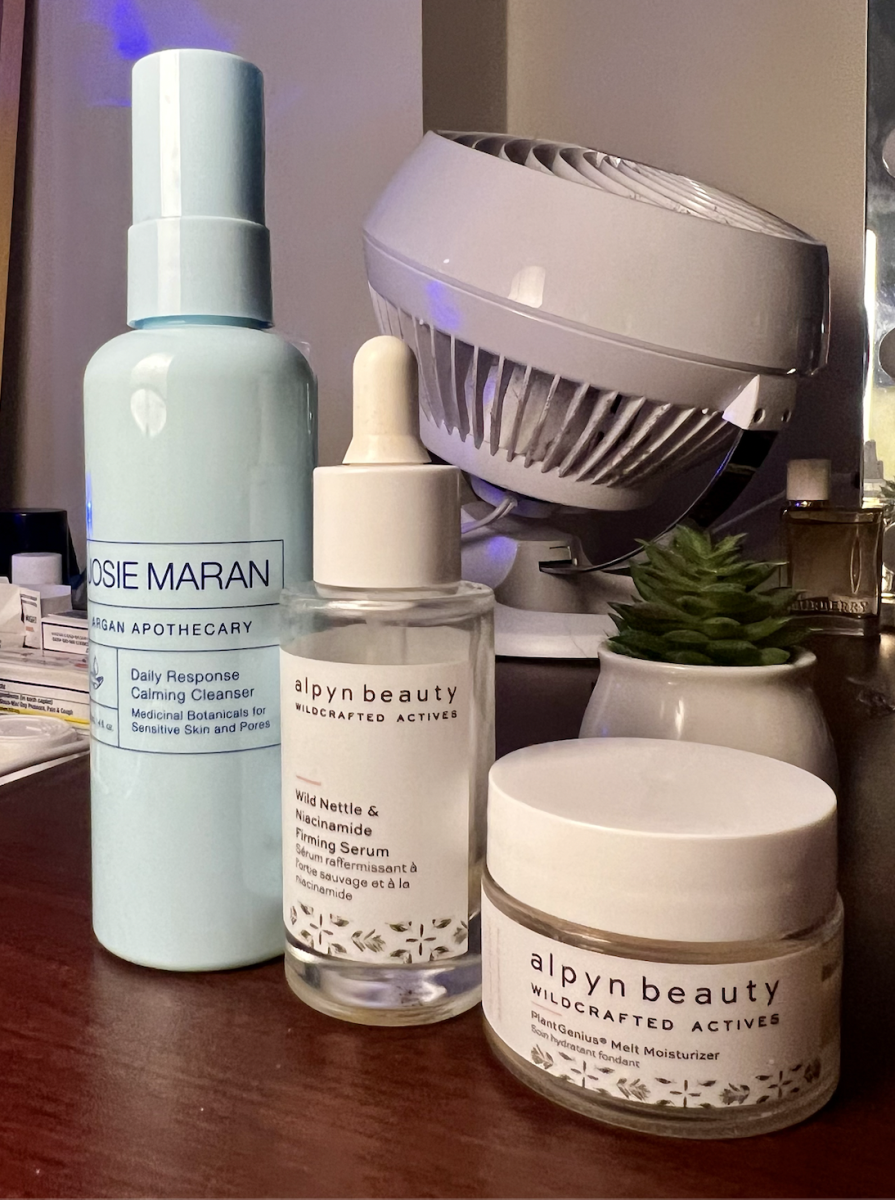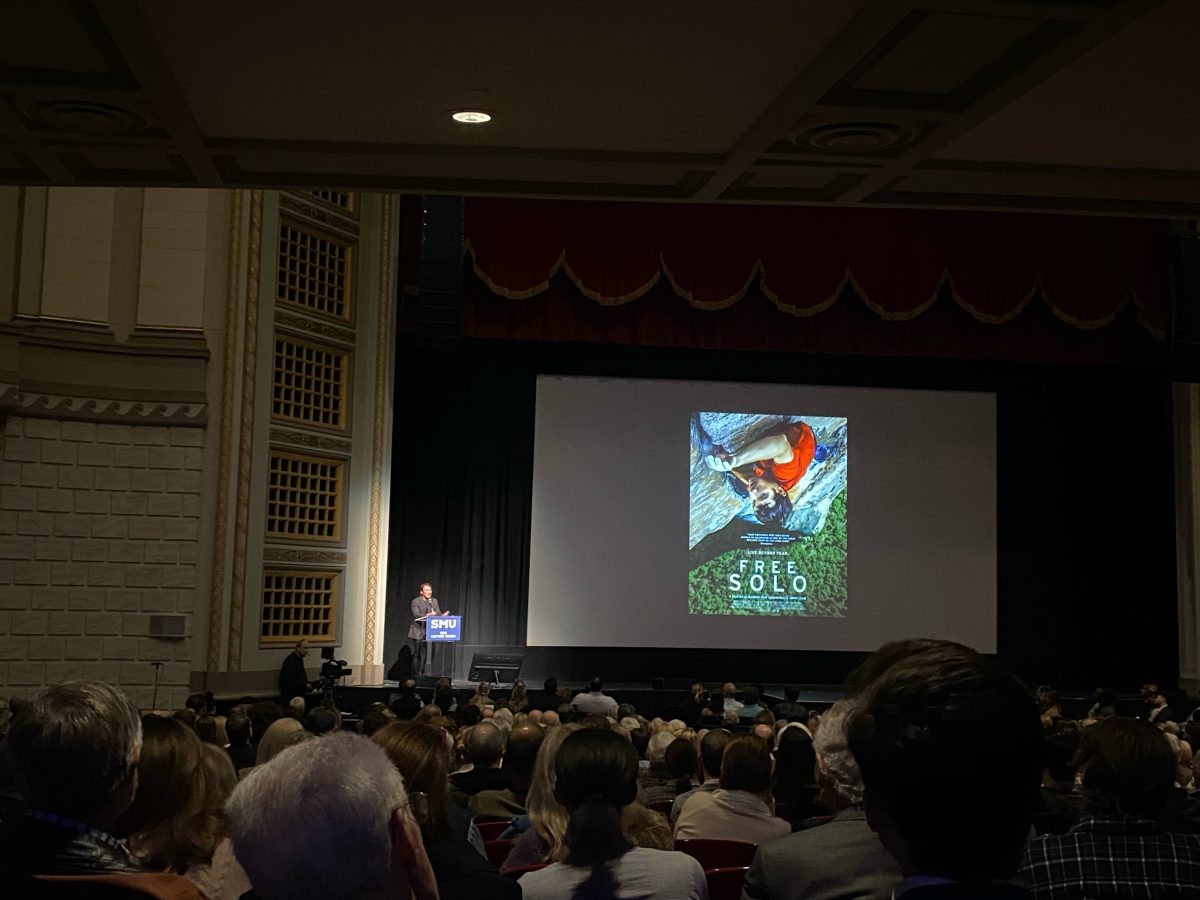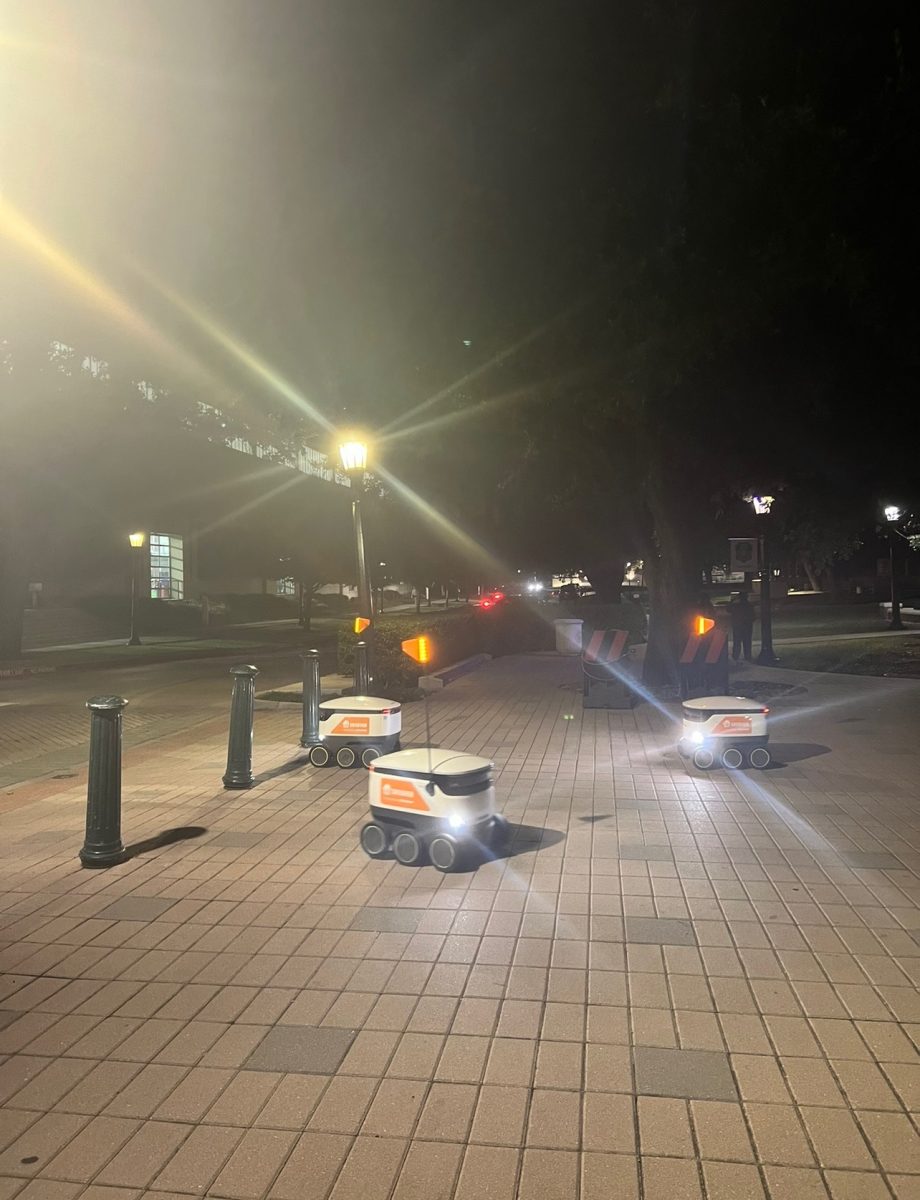Yifan Wang experienced culture shock like none other when she began her classes at Southern Methodist University. A first-year master’s student from China, Wang was unprepared for the heat she was about to face.
Unprecedented high temperatures, long walks to her classes and clothes unsuited for the hilltop heat led to a shocking first week at SMU.
“Back in my country, I come from China, the weather is milder,” Wang said. “I drank four bottles of water today.”
The new House Bill No. 2127, proposed by Texas State Representative Dustin Burrows, threatens to nullify Texas city ordinances statewide that mandate water breaks for construction workers. The law was deemed unconstitutional by State District Judge Maya Guerra Gamble but still went into effect on Sept. 1.
The state of Texas has appealed Judge Gamble’s ruling, leaving the law’s future up to the Texas State Supreme Court.
As a result of HB 2127, Dallas’ city ordinance to mandate 10-minute water breaks for construction workers every four hours has been nullified. Though the law does not apply to SMU due to its location in University Park, the heat is still a prevalent issue on campus that affects construction workers, faculty and students alike.
Increasing water intake and wearing loose-fitting clothing is what Dr. Arthi Krishnan, associate director of medical services at the Dr. Bob Smith Health Center, recommends for staying healthy in the heat.
“The thing with hydration is it’s not just water, you have to replace electrolytes,” Krishnan said. “I try to make a big point of hydrating, but make sure you’re using an electrolyte solution or adding that on to water. Wearing loose-fitting clothing and clothing that doesn’t retain heat is important, especially if you’re coming from an area where you’re not used to such extreme heat and dressing properly.”
With uncertainty on water breaks in Texas and ongoing construction at Ford Stadium and the Cox School of Business, SMU construction supervisor Charles Smith assured that hydration is here to stay.
“I promise you we’re not cutting out water breaks,” Smith said. “We have access to water and we’re encouraged to take four to six water breaks a day to cool down.”
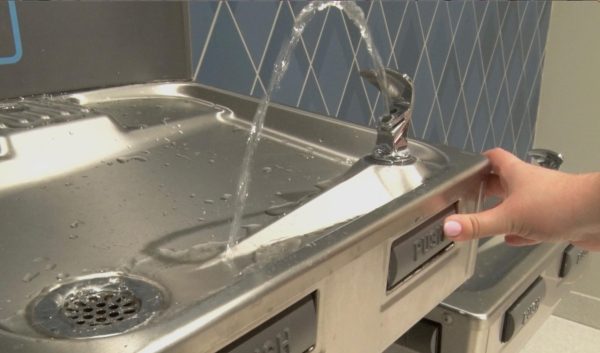
SMU students strolling past construction sites will likely see workers enjoying a break in the shade while they hydrate and rest.
This isn’t normal in other settings, according to Christine Bolaños, communications director at the Texas Workers Defense Project.
“We’re not going to make a general statement that all construction employers are bad, that’s not what we’re saying at all,” Bolaños said. “What we’re saying is, that most of them do need that mandate to sort of obligate them and hold them accountable to granting those rest breaks in the first place,” he added.
Many members of The Workers Defense Project experienced the effects of heat firsthand, losing coworkers to heat illness or suffering themselves. The group played a vital part in the passing of Dallas’ water break ordinance, with many of its members participating in a “thirst strike.”
The scope of heat safety does not stop with construction workers. The Dallas County Health and Human Services released a report showing that people in Dallas County ages one to 100 reported 1,796 cases of heat-related illness from May 1 to Sept. 8, 2023.
The Dallas County Health and Human Services states that 1,796 heat-related illnesses were reported from May 1 to Sept. 8.
These numbers include people like student-athletes. Mike Morton, the associate athletic director of student health and well-being at SMU, understands the importance of water breaks.
“We’ll have a break typically every 20 to 30 minutes where we stop physical activity and push fluids,” Morton said. “That’s pretty standard throughout.”
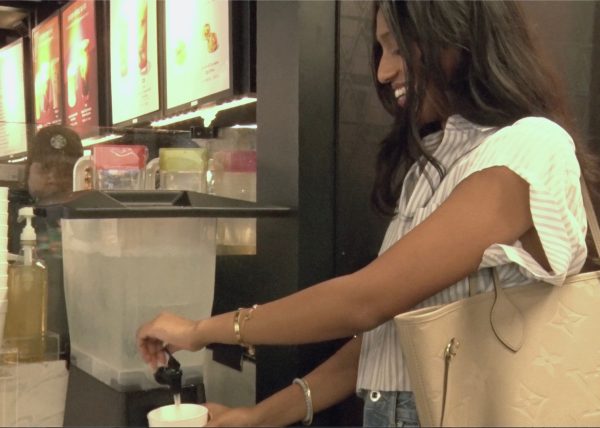
Dallas weather is completely unpredictable, and even though the weather is cooling down, it’s important to remember heat safety protocol. It helps protect not only SMU students but all human beings.
“If there’s construction, for example, around your campus and you notice it’s really hot, go offer [construction workers] a water bottle,” Bolaños said. “You never know, they might accept it.”



